An Emotional Return to Death Camp for Holocaust Survivor
On anniversary of freedom, man shares his story with family.
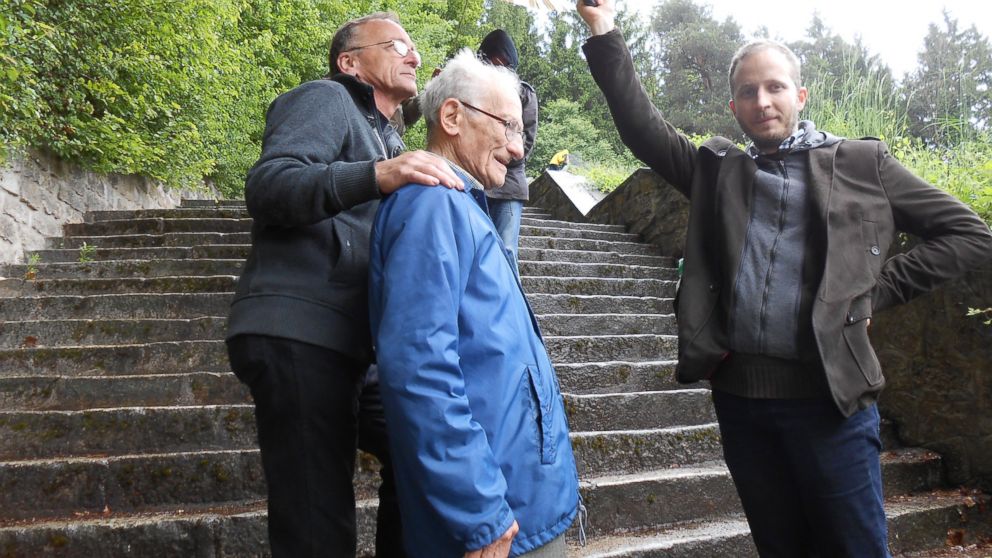
— -- It was a story he needed everyone to hear.
On his 69th anniversary of liberation, one Holocaust survivor wanted to share his memories with his whole family, on a trip to the concentration camp where he was held prisoner decades ago in Mauthausen, Austria.
Family Survived Holocaust by Living in a Cave
Oldest-Known Holocaust Survivor Dead at 110
“It was extremely emotional,” said Gabriel Ferenczi, whose grandfather Pal Ferenczi was freed from the camp in 1945. “As we started going through the tour, each section we went to – it was indescribable.”
Pal, 93, shared sad stories as the family toured the camp’s gas chamber and crematory, stopping at memorials like the Room of Names, where the thousands of names of men killed at Mauthausen are carved in granite.
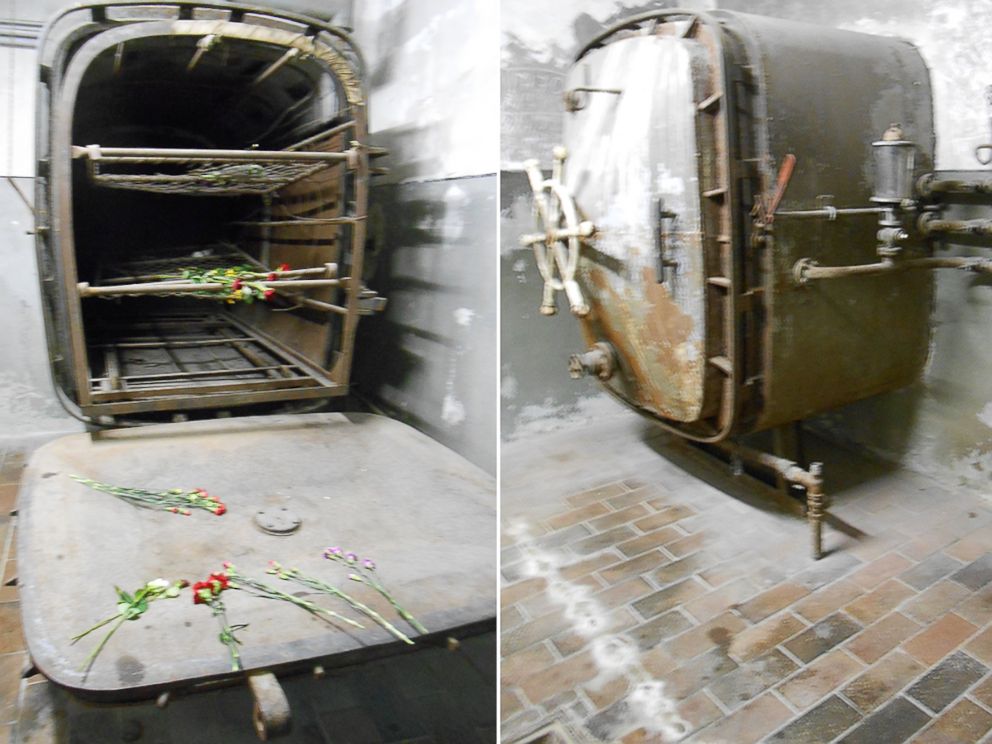
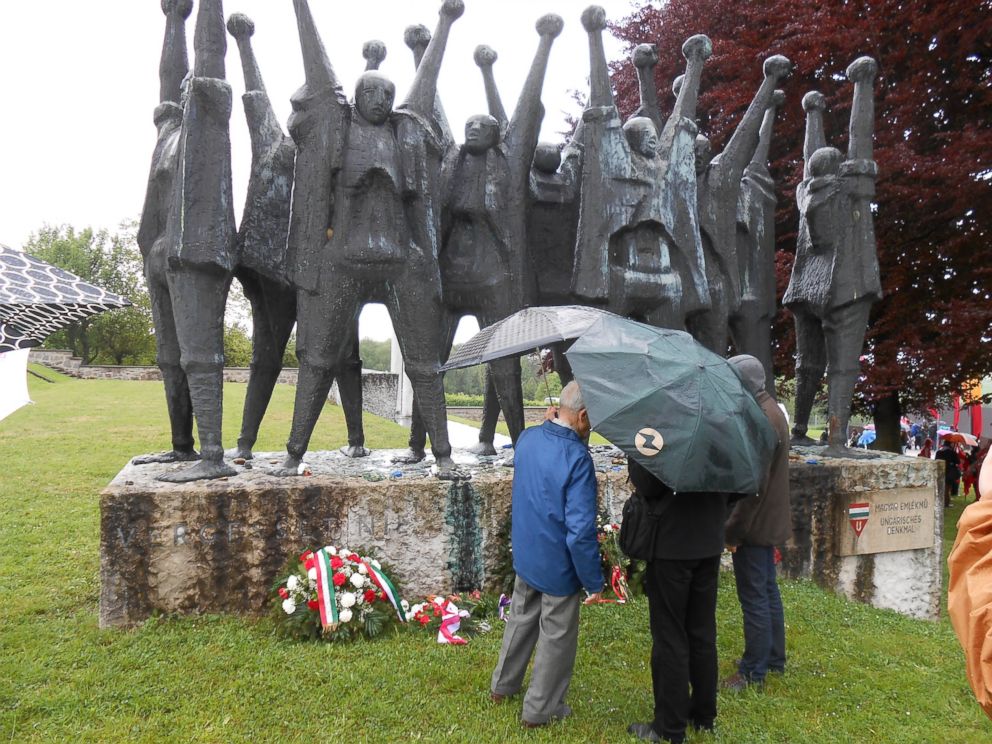
Passing an empty room, he recalled how corpses would be stacked on top of each other there, waiting to be burned in the furnace. At the gas chamber, he told his family how 50 men would be shoved into the tiny room to die. Terrified victims left scratch marks on the door.
All the while, Pal wore his prisoner tag, a sad reminder of his time at the camp. He had visited the memorial several times before, but Gabriel suspects that this time was the most meaningful, because he was with his family.
“He held himself together very well,” Gabriel said of his grandfather, who lives in Budapest, Hungary. “But there were a couple instances when he had to stop and collect himself … it’s just the power of being there, words can’t describe how emotional it becomes when you realize these terrible things that happened there, and he lived to tell about it.”
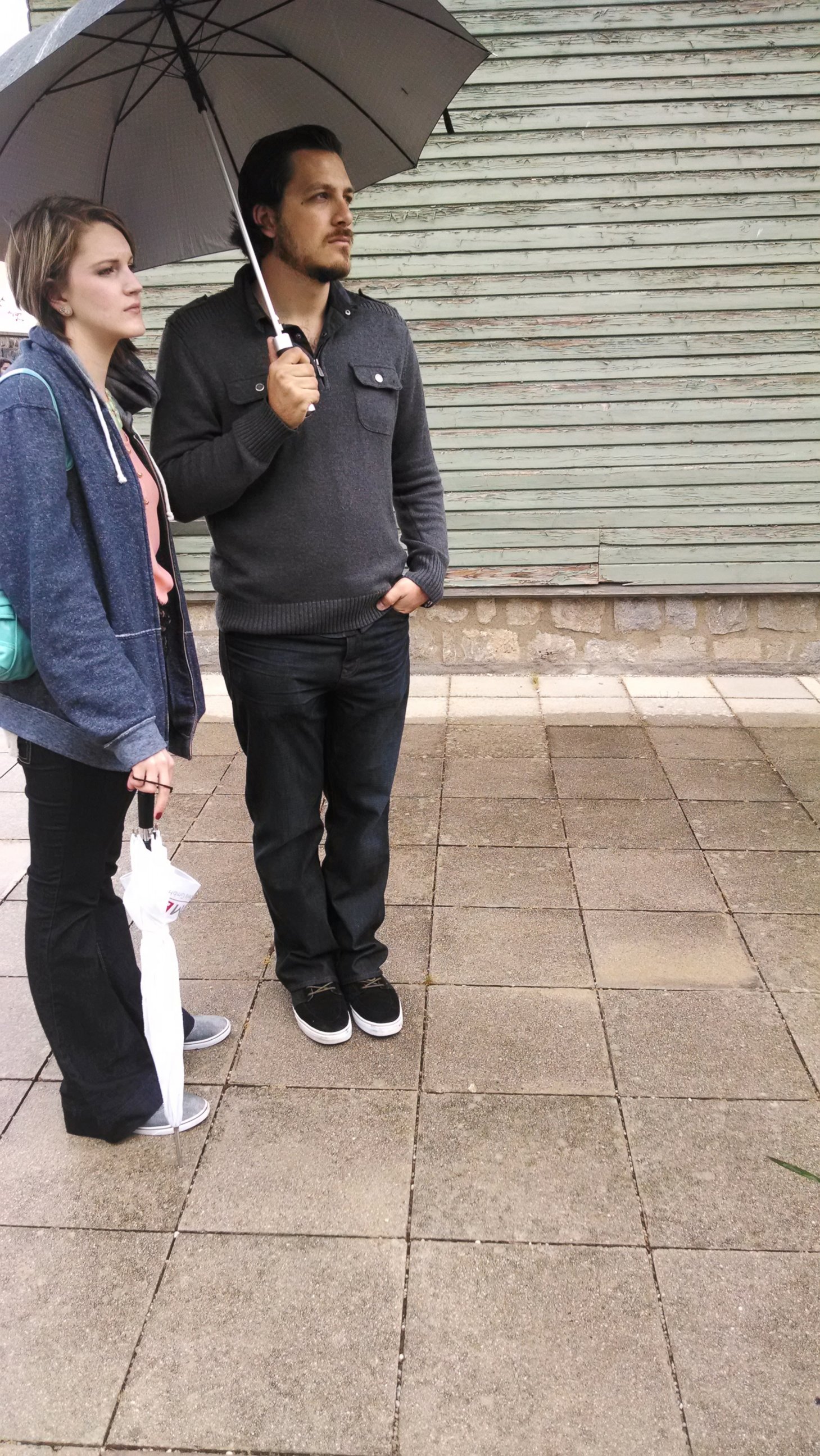
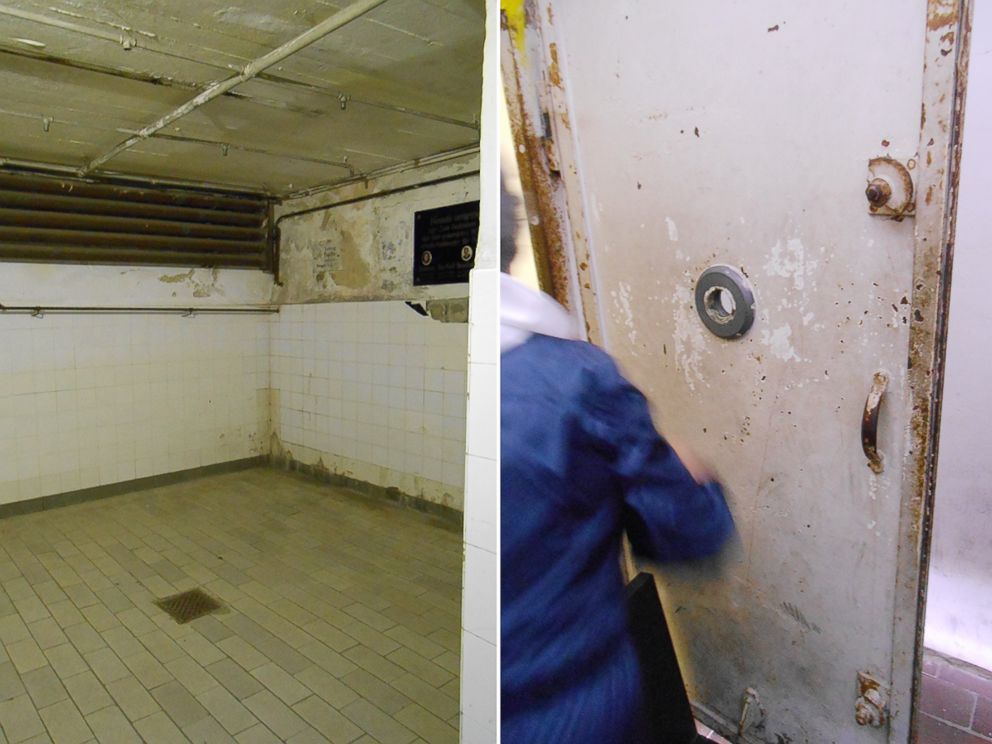
After the May trip, Gabriel shared photos from the tour on Facebook and Reddit, where his grandfather’s story quickly went viral.
“It was his wish to get it out to as many people as we could,” said Gabriel, who lives in Chicago.
“He told us the main reason for him wanting to show us this and tell us these stories is so we can pass on what happened,” he added. “In the hope that people today can see that this sort of brutality existed, especially with the world today, that we can avoid those same mistakes.”
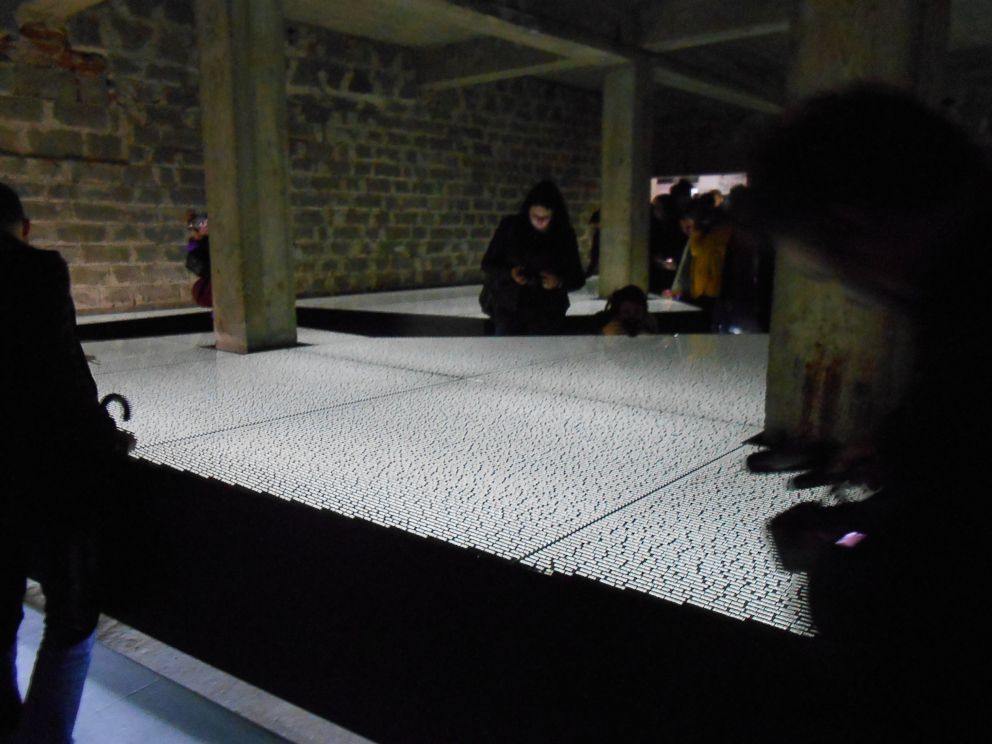
Mauthausen was the only category III concentration camp – which means it had the most brutal conditions, according to the memorial’s website. Nearly 200,000 people were taken to the camp, and half of them died there.
Gabriel hopes his grandfather’s account helps people better understand the Holocaust, and life inside the concentration camps.
“There’s only so much a thick, boring textbook tells you,” he said.




